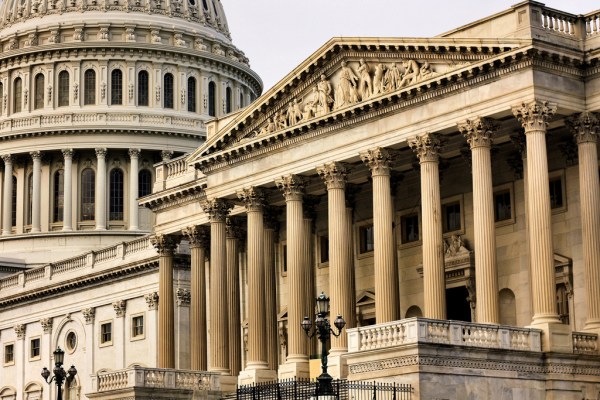State lawmakers and the District of Columbia have put together a group of bills pushing for legislation to protect our digital privacy. The coalition of 16 states and D.C. say surveillance technology and a lack of regulation has given Big Brother too much power when it comes to monitoring online information.
“A bipartisan consensus on privacy rights is emerging, and now the states are taking collective action where Congress has been largely asleep at the switch,” ACLU executive director Anthony D. Romero wrote in a blog post about the move to truncate monitoring of online activity. “This movement is about seizing control over our lives. Everyone should be empowered to decide who has access to their personal information.”
It should come as no surprise that privacy advocates such as Edward Snowden are also in favor of an overhaul to digital privacy laws.
The majority of Americans are in favor of a change to laws allowing law enforcement to obtain online communications such as emails and images hosted in the cloud. However, the Email Communications Privacy Act (ECPA), passed in 1986, says the government can use digital materials older than 180 days. Now many lawmakers say times have changed and we need reform that reflects the current digital era.
Each newly introduced bill varies by state. Six states want to limit information gathered about students; three states want to limit “stingrays” or devices imitating cell towers and tracking a user’s location; and eight states would like to keep social media information out of the hands of hiring managers.
The American Civil Liberties Union, which coordinated the bipartisan initiative, outlined the most pressing concerns:
- Personal data privacy
- Cell phone location tracking
- License plate readers
- Employee data tracking
- Various forms of student data tracking such as cell phones, laptops, and school-owned devices, as well as social media activities
The participating states include Alabama, Alaska, Connecticut, Hawaii, Illinois, Massachusetts, Michigan, Minnesota, Missouri, Nebraska, New Hampshire, New Mexico, New York, North Carolina, Virginia, and West Virginia, and D.C. Any change in the law in these states would affect 100 million Americans.
